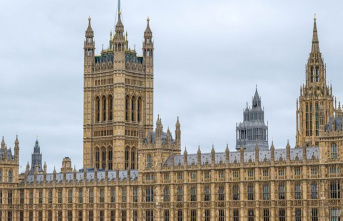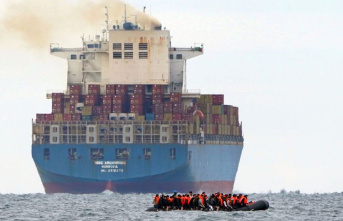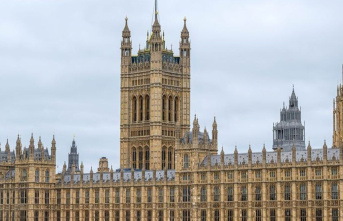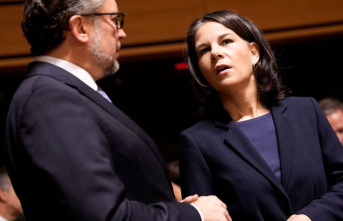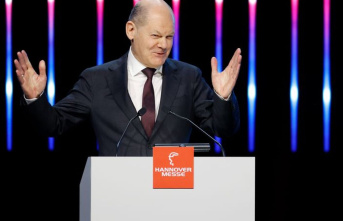In Austria's largest federal state, the state parliament will be re-elected on Sunday. The election in Lower Austria is also considered the first test for the nationwide political mood this year. The conservative ÖVP, which is responsible for government in the Lower Austrian capital of St. Pölten and in the Chancellery in Vienna, is struggling with the aftershocks of the Ibiza scandal and current crises.
According to polls, the Conservatives are at risk of falling to around 40 percent in the elections on Sunday. The ÖVP with its Prime Minister and head of state Johanna Mikl-Leitner would thus assert itself as the party with the most votes in Lower Austria, but would lose the absolute majority in the state parliament. A record figure of 25 percent is predicted for the right-wing FPÖ, ahead of the social democratic SPÖ with around 22 percent.
Loss of trust and general dissatisfaction
In the previous state election in the eastern federal state, the ÖVP received 49.6 percent of the votes in 2018. The conservatives were also inspired by the popularity ratings of the then federal party leader and chancellor Sebastian Kurz. Kurz resigned in 2021 under pressure from corruption investigations against him and several of his fellow campaigners. The current ÖVP and head of government, Karl Nehammer, is suffering not only from the resulting loss of public confidence, but also from general dissatisfaction with the rising prices.
On Sunday, 1.3 million people in Lower Austria are called upon to cast their vote. A survey commissioned by the broadcaster ORF shows that the policies of the federal government play an important role for 58 percent of voters. Inflation, the environment and climate, as well as asylum and immigration were given as the most important political issues for voting decisions.
In its election campaign, the FPÖ criticized the federal government because of the increased number of asylum seekers and because of the sanctions against Russia, which the FPÖ believes have triggered inflation. In nationwide polls, the FPÖ has been in first place for weeks, followed by the Social Democrats (SPÖ), who are also in opposition. The ÖVP is only in third place.


